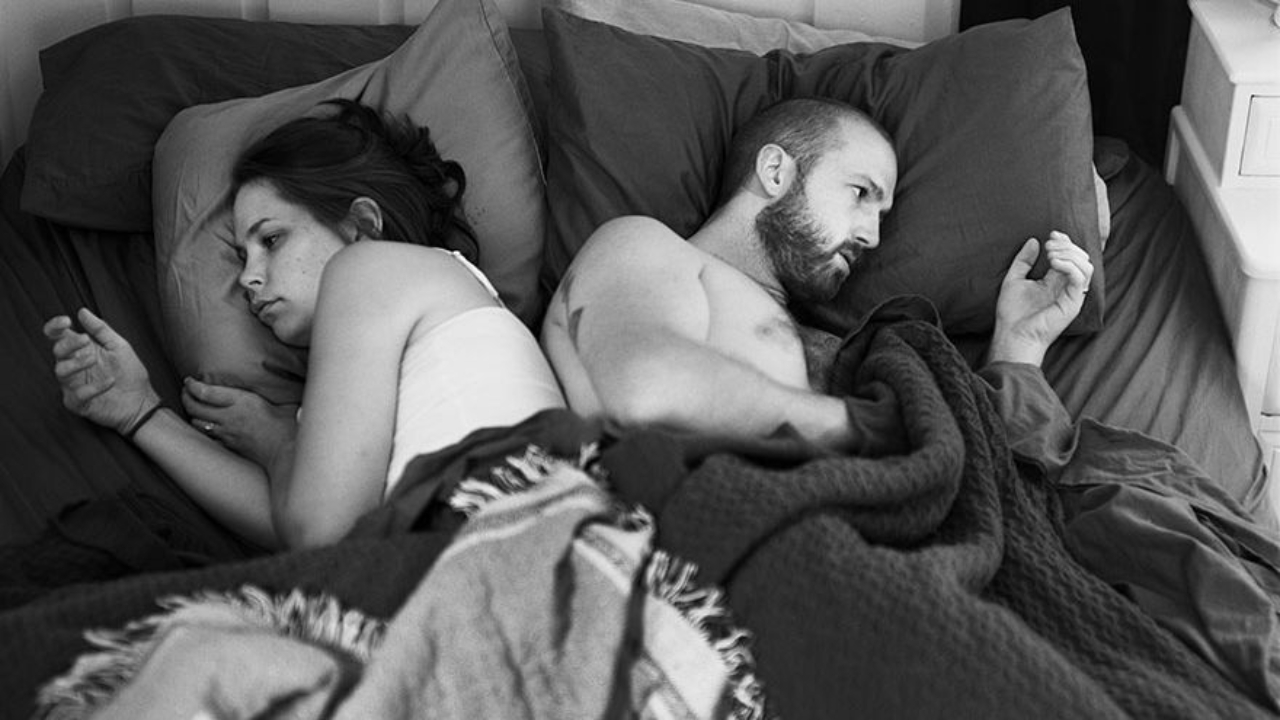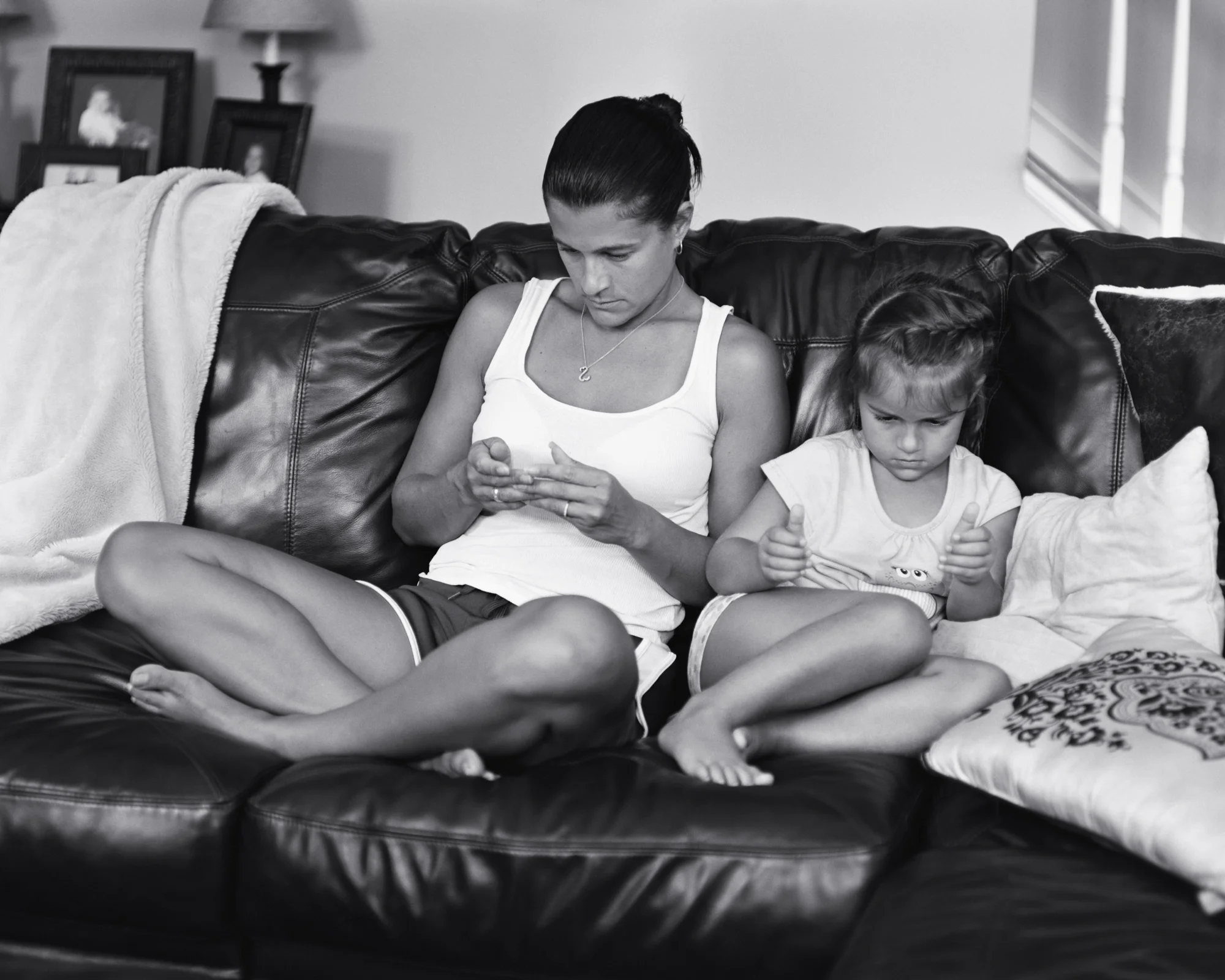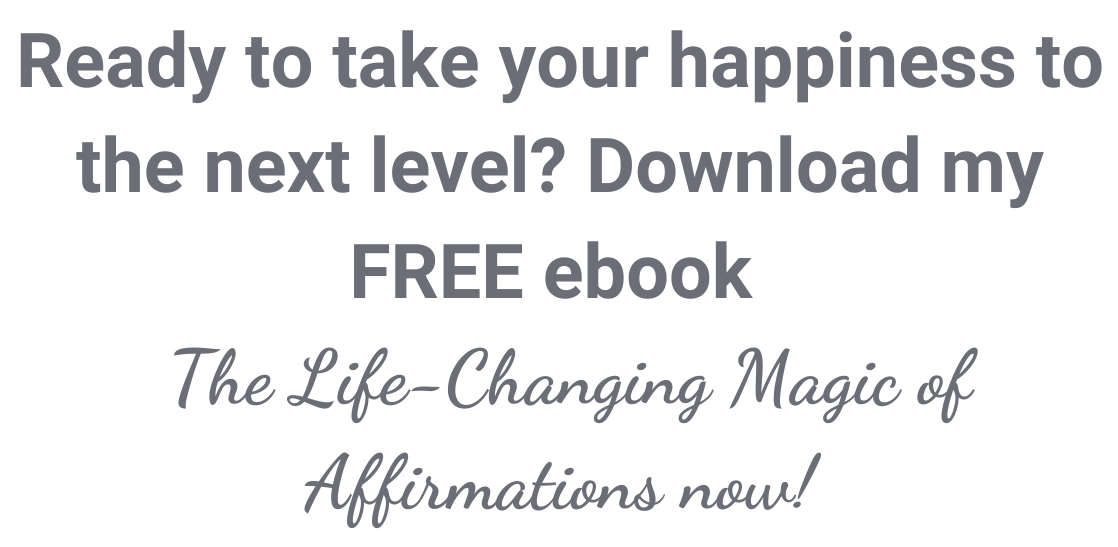🌿 Is It Time to Break Up With Social Media (and Your Phone)?
Oct 06, 2025
A Gentle Challenge to Reclaim Your Mind, Time, and Peace
Be honest: how many times have we picked up our phone just to check something — and suddenly, thirty minutes disappeared into the abyss of scrolling? One video, one post, one notification at a time… and before we know it, our coffee’s gone cold, our mind feels foggy, and we can’t quite remember what we were looking for in the first place.
We’re not alone. The average person now spends over four hours and thirty-seven minutes a day on their phone — and more than two hours and twenty minutes of that time is spent on social media. That means roughly one-third to half of our waking phone time is devoted to scrolling through other people’s lives instead of living our own.
Over a year, that adds up to thirty-five full days — more than a month of our life gone to the digital void. Over a lifetime, it’s nearly four years.
Four. Whole. Years.
Four years that could be spent learning a language, mastering an instrument, building a business, traveling, reading great books, laughing with loved ones — or simply being present.
The “Matrix” We Don’t Realize We’re In
Social media isn’t evil — it’s simply designed for one thing: to keep our attention.
It’s crazy to remember that this world didn’t even exist twenty years ago...
Back in 2006, Facebook had just opened to the public, and most of us were still flipping phones closed instead of scrolling. In less than a generation, the way we connect, learn, and see ourselves has been completely reshaped by screens.
What began as a way to share photos and stay in touch has evolved into an always-on ecosystem that quietly shapes our moods, focus, and even beliefs.
Every scroll, tap, and swipe teaches the system what draws us in — and it gives us more of it. The more time we spend on our phones, the more ads we see, the more content we consume, the more they profit.
And how do they keep us engaged? With us — our emotions, our comparisons, our curiosity, and our habits.
It’s a carefully crafted illusion — a “matrix” of curated perfection where everyone’s highlight reel becomes our measuring stick. We find ourselves comparing our ordinary Tuesday to someone else’s Bali vacation, our quiet, real life to their best moments.
But here’s the truth: social media isn’t real life.
It’s a filtered reflection — glossy, addictive, and often emotionally exhausting.
The Invisible Hand Behind Our Feeds
What we see online isn’t random — it’s chosen for us by algorithms designed to keep us engaged. Every pause, like, or linger teaches the system what stirs something inside us — curiosity, envy, outrage, or desire — and then it serves us more of the same.
Not necessarily what’s true, but what’s sticky.
And increasingly, much of what fills our feeds isn’t even created by real people — it’s AI-generated content designed to mimic connection and emotion. Which means we’re sometimes comparing ourselves not just to an illusion, but to an algorithmic simulation.
Once we start to recognize that, something shifts. Because when we see the pattern clearly, we stop fueling it. And in that awareness, we begin to reclaim our own minds, our peace, and our TIME. Time, which is the most precious resource we all have.
The High Cost of Constant Comparison
Research shows that frequent social media use is often linked to higher materialism, lower self-esteem, anxiety, and distraction. It’s not just about wasted time — it’s about the quality of our attention and impact on our spirit.
Each scroll sends a subtle signal to the brain that someone else’s life might be more interesting or exciting than our own. Over time, those tiny messages can build into a quiet ache — the kind that dulls joy, clouds focus, and pulls us away from our inner knowing.
And it’s an even more urgent issue for kids and teens. Studies show that adolescents who spend more than three hours a day on social media face double the risk of mental-health challenges, including symptoms of depression and anxiety (HHS.gov). Another review found a significant association between social media use and depressive symptoms among youth — especially young girls (PMC).
As a mother, I know that kids don’t do what we tell them — they do what we show them. The behaviors we model with our phones become the invisible curriculum they absorb.
That’s the real danger: we stop being curious and present in our own lives.
Instead of focusing on how we’re growing, loving our families, pursuing our dreams, and contributing in our communities — we find ourselves debating strangers, judging ourselves and others, or even measuring our worth by numbers on a screen.
It’s an emotional treadmill — full of motion, but short on meaning.
But Let’s Be Fair — It’s Not All Bad...
Social media can be beneficial when used intentionally. It helps us stay connected with distant family, discover inspiring teachers, share our art, and find community.
The question isn’t “Is social media good or bad?”
It’s this: Are we using social media, or is it unconsciously using us?
A Picture Worth a Thousand Scrolls
Photographer Eric Pickersgill’s haunting series Removed captures the quiet epidemic of our times. In each image, he digitally erased the smartphones from people’s hands — leaving them staring blankly into empty palms, side by side yet worlds apart.
The result is eerie and revealing: couples in bed, families at dinner, friends on couches — all physically present but emotionally elsewhere. His work reminds us how easily our attention, and our connection, can slip away into a glowing rectangle.
It’s a powerful mirror of the world we’ve created. And, it's an invitation to look up, look around, and come home to real life.
Setting Boundaries With Our Digital World
If we’ve ever felt the itch to “check our phone” every few minutes, we’ve already experienced the dopamine loop at work. So how do we begin to break it — and create space for something better?
Here are a few practical ways to reclaim our peace and presence:
Set app limits.
Use built-in screen-time controls or apps like Freedom, Forest, or Daywise to lock certain apps after a set time.
Remove temptation.
Log out, move social apps to a hidden folder, or delete them from your home screen.
Schedule your scroll.
Give yourself a 20-minute window once or twice a day. Be intentional: check what matters, skip what doesn’t.
Turn off notifications.
Those red dots and pings aren’t urgent — they’re engineered distractions.
Unfollow, leave, or block what drains you.
If something consistently triggers anger, comparison, or negativity — release it. Unfollow accounts, leave groups, mute threads, and block toxic energy. Be intentional with your consumption. Be the gatekeeper of your own experience.
Honor a Full or Partial Screen Sabbath.
Whether or not you’re religious, taking a day (or even half a day) each week away from screens is revolutionary. No social media, no news, no emails, no “just checking something.”
Use that sacred time to recharge:
-
Walk outside
-
Call a friend you haven’t talked to in a while
-
Read or journal
-
Cook or garden
-
Play with your kids or pets
-
Talk with your partner or visit someone you love
-
Rest, reflect, or daydream
Our nervous systems need space away from screens.
Our hearts need stillness more than stimulation.
Putting It Into Action
What if we made space this week for a little digital rest — a Screen Sabbath not just from social media, but from our phones altogether?
Maybe it’s half a day. Maybe it’s a morning. Turn it off. Tuck it away. Step outside, breathe, and notice what it feels like to simply be — not reachable, not trackable, not scrollable.
Pay attention to what shifts.
Do you breathe a little deeper? Sleep a little better? Feel more grounded and present in our your life?
Jot it down. Reflect on it.
And then ask:
“What could I do with four extra years of my life?”
Four years not spent scrolling — but savoring the beauty of ordinary days.
Stay connected with news and updates!
Join our mailing list to receive the latest news and updates from our team.
Don't worry, your information will not be shared.
We hate SPAM. We will never sell your information, for any reason.


